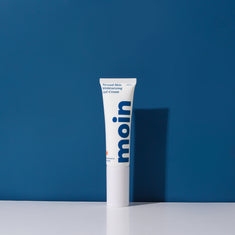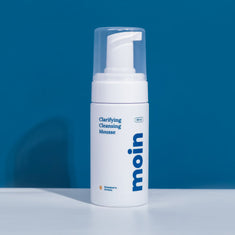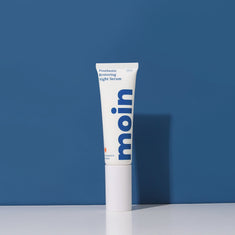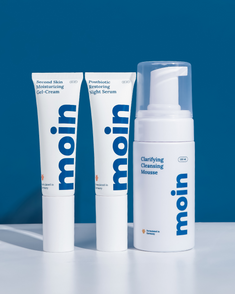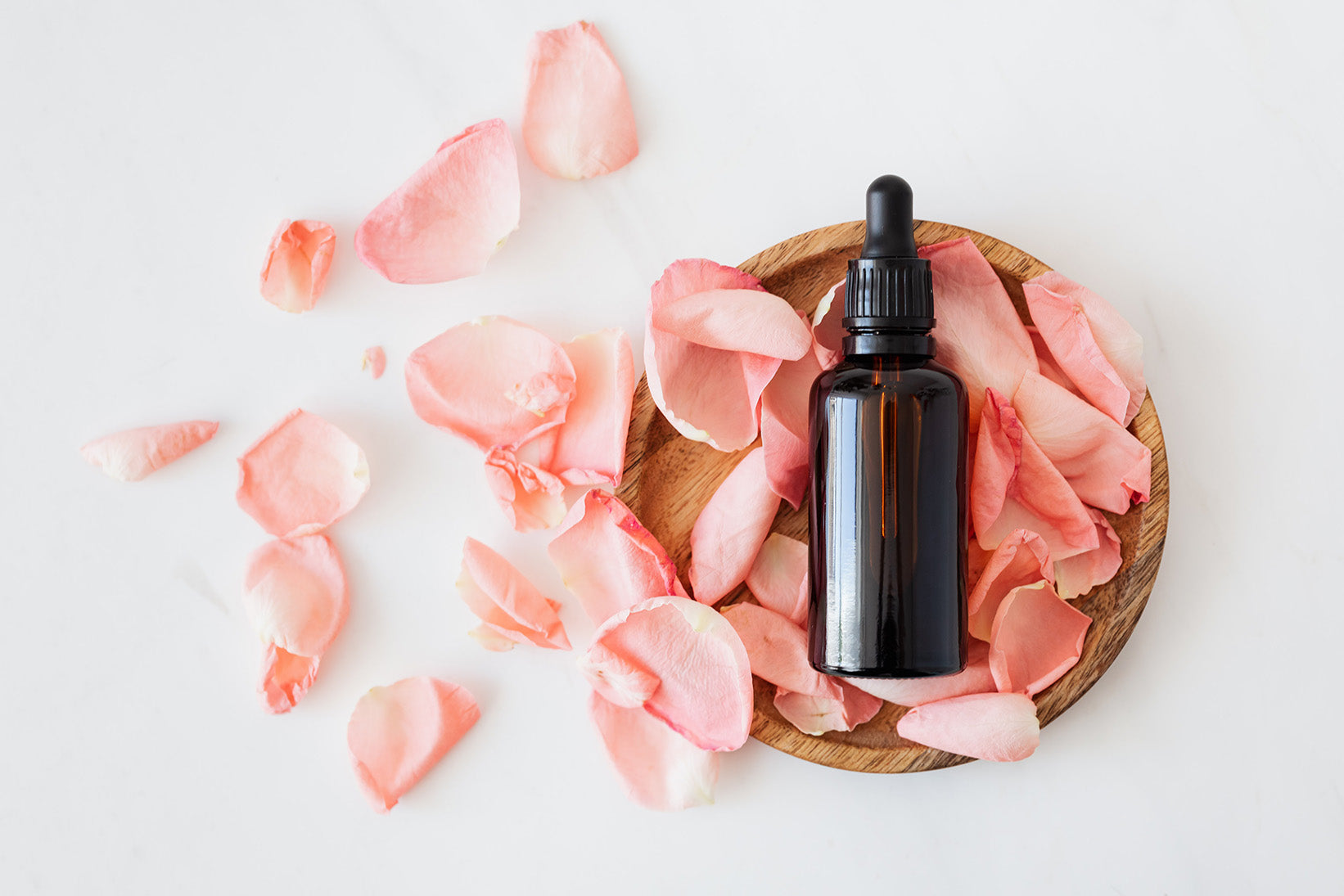Transparency in Personal Care Industry
According to a report in 2022 from Statista, beauty industry generates over $100 billion in revenue worldwide. At the same time consumers have become savvier and more conscious of the products that hit the market. Brand is expected to do more than to deliver a great product. Over the years consumers have been demanding the brand to not test on animal, use sustainable raw materials, recyclable packaging etc.
The importance of delivering consumer demand
Another thing that consumers now find essential is that brands should give honest information about the products they sell. Not just the ingredients list but also what each of them does and how they work. According to 2016 Label Insight Transparency ROI study, 94% of consumers are more likely to opt for a brand that they feel is genuinely transparent. By providing all of the information, the consumers are allowed to find the best product and determine for themselves if it fits their needs.
Although the consumers feel transparency from brands is important, the study also reveals that they generally do not trust brands to be completely transparent. 2019 Women’s Facial Skincare Report by the NPD Group stated that nearly 50% of women surveyed prefer to research the products online prior to buying them. Unfortunately, nowadays regular people can spread information without guaranteeing the validity of it due to social media. Therefore, we see a lot of misinformation and fearmongering circulating about ingredients in beauty products. It is thus important for companies to gain trust from consumers by making the valid information visible, accessible and easy to understand for regular people.
Stepping up the transparency game
Apart from what they do and how they work, consumers also find it necessary to know the source of the raw materials in the product, which country they come from and who the suppliers are. A brand cannot call itself transparent unless they can trace their supply chain from the farm to the finished product. Tracking of ingredients can prevent the products being counterfeited. This has to be a concern for the companies because the overall loss of revenue to the cosmetics and personal care industry in the EU as a result of counterfeits is an estimated €4.7 billion annually. The associated reputational damage can also break the consumer trust that the companies have gained over the years.
